Chevy Biscayne’s Wild Concept Was a Four-Door Corvette
The Chevy Biscayne became a fleet and drag strip special, but it began life as an out-of-this-world four-door Corvette-like concept car.
Biscayne on a Budget
The legacy of the Chevrolet Biscayne has long been overshadowed by its more expensive stablemates. Bel Air, Malibu, and Impala are all storied names while the Biscayne has become something of an afterthought. But as Chevy’s entry-level offering from the late 50s through 1970, the Biscayne had its own claim to fame: providing budget-friendly access to much of the performance and style of its pricier analogues. The Biscayne would earn its spot in automotive history as a fleet workhorse and as a streetwise sleeper ready-made for drag competition. But neither of those outcomes would have been guessed at when the Biscayne concept car first debuted at GM’s Motorama show in 1955.
Influential Biscayne ’55 Concept
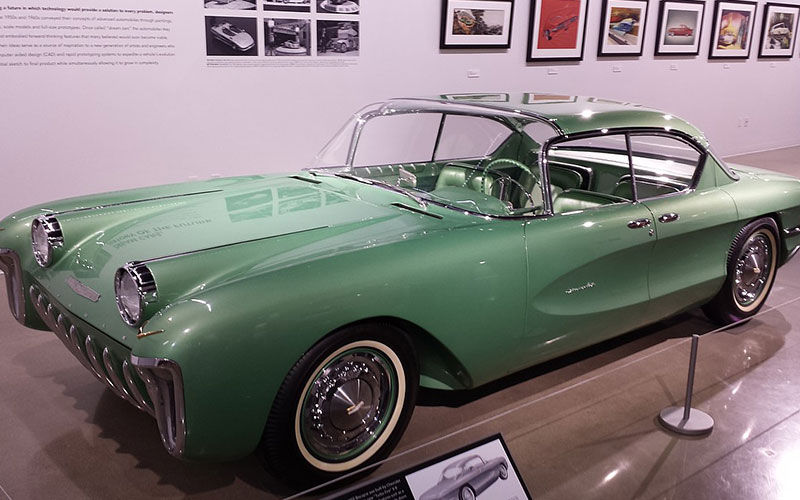
GM’s Motorama was the company’s annual automotive showcase back in the 1950s, when all its most audacious and ambitious concepts were unveiled to the public. One such radical concept was the Biscayne, a green four-door sedan with a host of innovative designs that would eventually make their way into Chevy production vehicles.
The XP-37 concept, aka the Biscayne, was built using the same fiberglass Chevy employed in the Corvette’s body. The Biscayne’s scalloped side panel design would be seen just months later on the updated 1956 Corvette, but in reverse. The Biscayne even had the Vette’s high, continuous fender line and the same 265 small-block V8.
Other elements the Biscayne passed along included the front fender chrome moldings which returned on the ’63 Buick Rivera, hub caps for the ’57 Bel Air, and a rear end that made its way to the ’60 Corvair. The Biscayne’s round taillights were adopted across Chevy’s late ‘50s lineup. Its wraparound windshield would be emulated in the ’59 Chevy designs, though slightly less pronounced.
Unique elements for the Biscayne included its rear hinged rear doors. The Biscayne didn’t have a pillar between the doors, either. Instead, the doors latched directly to the rocker panels. Like other concept cars of the time, the Biscayne’s front seats pivoted outward to ease ingress and egress. Oddly centered headlights and a toothy grille were uncharacteristically inelegant compared to the rest of the car. While it didn’t make it to production itself, the wild-looking Biscayne concept contributed more than its share of design elements to future GM products.
1st-Gen Biscayne Boasts Iconic Chevy Designs
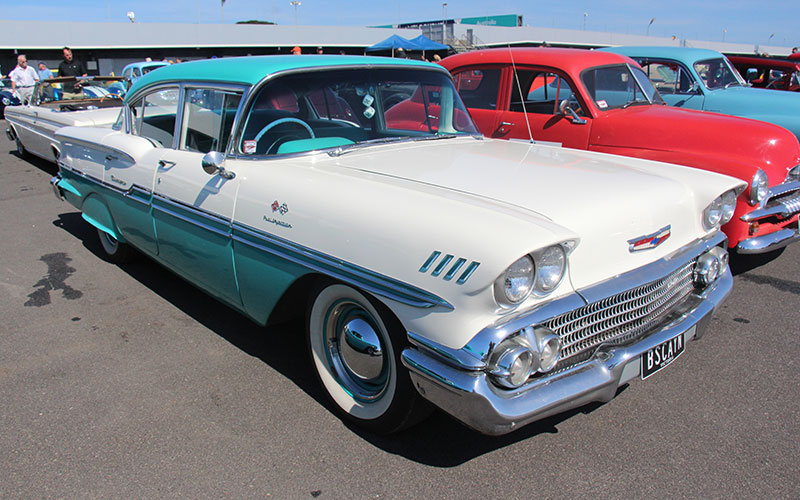
For 1958, Chevy introduced the Biscayne directly above the Delray (then Chevy’s most inexpensive model). The Biscayne followed the same basic styling as the rest of Chevy’s cars, albeit with less chrome accenting. It came as either a four-door or two-door sedan and was powered by a 235 “Blue Flame” straight-six or the choice of either a 283 or 348 V8.
With the Delray’s departure, the Biscayne added a “Utility” version of its two-door version that swapped the rear seats for a parcel shelf to replace the Delray’s Utility model. The Biscayne saw the addition of a cheaper, stripped-down iteration called the Fleetmaster that did away with chrome adornments and creature comforts like the cigarette lighter to appeal to fleet customers. And indeed, it did, becoming a common fleet vehicle including seeing duty as a police cruiser.
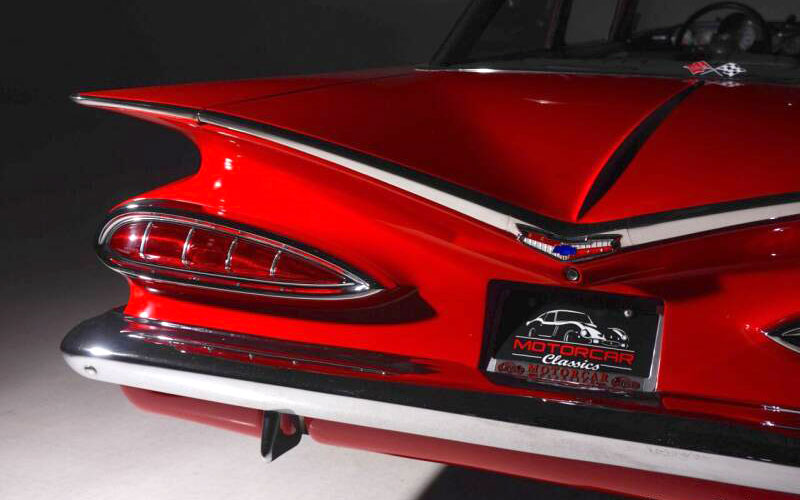
The Biscayne and the rest of Chevy’s lineup received a major overhaul for 1959. This is one of the era’s and Chevy’s most iconic renderings with its cat’s eye taillights and batwing fins, the ’59 look was shared by not only the Bel Air and top-of-the-line Impala but the then new Chevy El Camino and the now entry-level default Biscayne (as the Delray had been discontinued). Sadly, those iconic taillights were replaced with much simpler, and cheaper, round taillights on the Biscayne for 1960.
2nd-Gen Biscayne Gets Dragstrip-Ready 409
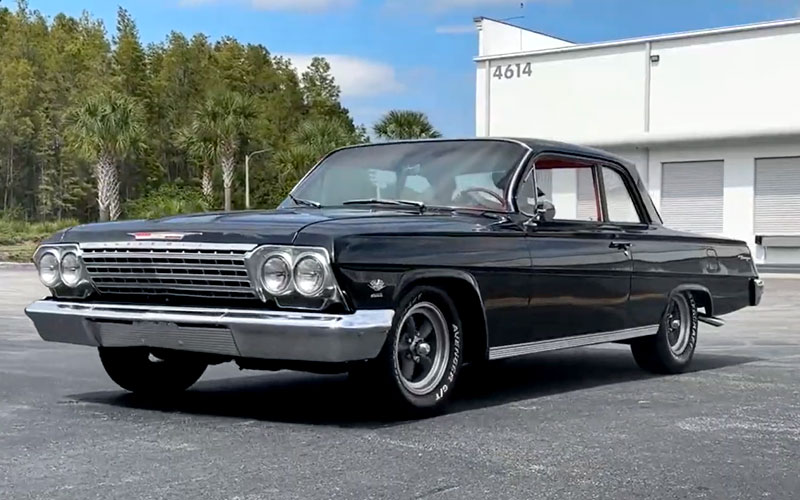
The Biscayne saw another major redesign in 1961, again along with its more expensive Chevy brethren. The car was boxier and less ornate as the ostentation of the 1950s gave way to the simpler lines of the 1960s. A wagon version was added for 1962 and new engines came online in this generation as well. A new 327 V8 was added in 1962 and a new 230 straight-six debuted in ’63. Most significant was the new 409 V8. Equipped with this engine, the Biscayne became a favorite on dragstrips as an affordable source of big Chevy power.
3rd-Gen Biscayne Closes Show with Big V8s
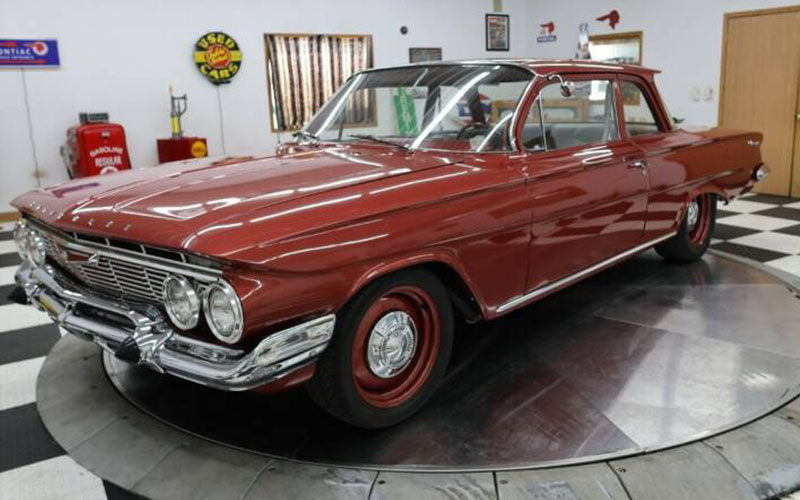
The Biscayne evolved once more with its 1965 model which kicked off its third generation. New engines included another 230 straight-six (dropped after ’66) and GM’s 427 V8 (added in ’66) which made 425 horsepower and allowed the Biscayne to rocket from zero to sixty in just 6.1 seconds. An even larger 454 V8 would be added for 1970. The wagon version was discontinued after 1968 as the Brookwood name took over such duties thereafter.
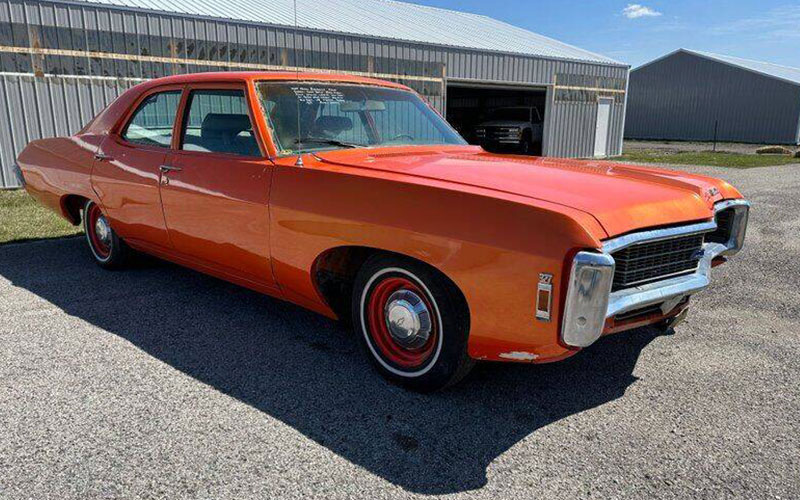
For 1971, Chevy offered the Biscayne as a fleet vehicle only in the US, slotting the Bel Air as the new entry-level Chevrolet. Canada would continue to get the Biscayne through 1975 as a four-door sedan or wagon.
The Chevrolet Biscayne doesn’t get the historical shine that contemporary Bel Airs and Impalas get today, but aside from a few bits of chrome and fancier hub caps, the cars are strikingly similar both mechanically and visually. For modern collectors, we’d suggest not fixating on the nameplate and saving some dough on your next collector’s car with the classically affordable Chevy Biscayne.


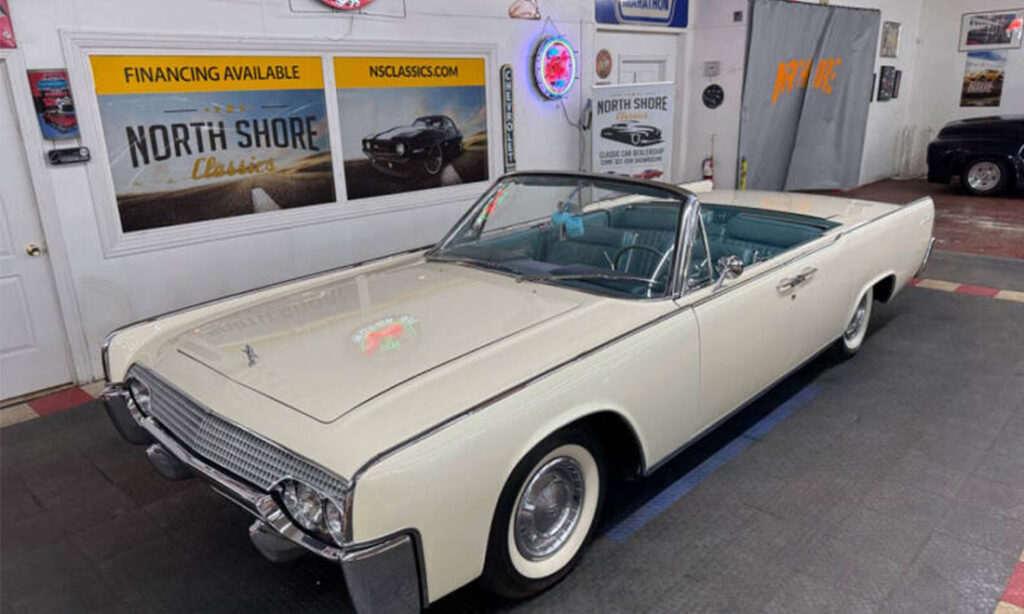



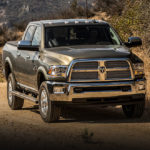


Fascinating history. I’ve heard of the 1958 Chevy Biscayne. But I’ve never seen one in person. One pic on this site shows a Right-Hand Drive (RHD) version.